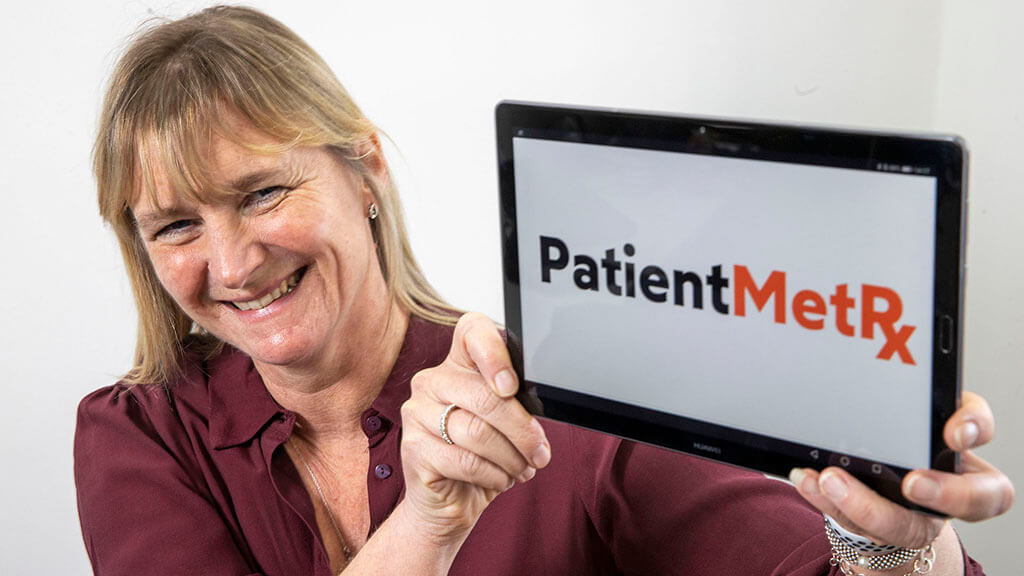A SPECIALIST in social intelligence for the pharmaceutical industry has developed a systematic way of measuring patients’ experience of taking medicines.
Glasgow-based Talking Medicines was formed in 2013 by a group of entrepreneurs with sector expertise in life sciences, marketing and data tech. Led by CEO Jo Halliday and co-founding doctors Elizabeth Fairley and Scott Crae, the company has raised £2.5m in funding to date, including a £1.1m deal with Tern Plc.

Powered by a proprietary AI machine, EVA, PatientMetRx combines machine learning and Natural Language Processing to capture the “voice of the patient” from conversations taking place over multiple sources. It taps social media, forums and blogs, mapped to a curated database of 130,000 regulated global medicines. It distils what patients are saying online, and what they are feeling, into data insights which are pharma-compliant.
Delivered on a digital dashboard, PatientMetRx provides pharma marketeers with a Patient Confidence Score (PCS) to benchmark each medicine, offering a systematic way of understanding trending patient confidence in their drug brands.
Tracking the PCS enables pharma to accurately measure the effectiveness of marketing campaigns, reduce budgets, improve market competitiveness and deliver better health outcomes for patients.
Halliday said the pharmaceutical sector spends $30bn on marketing each year in the US alone — without really knowing if that investment is doing any good. “The systematic data-driven tools that other industries use to measure customer experience haven’t been available to pharma at scale,” she said, “and the industry has relied on indirect feedback from clinicians, patient advocacy or ad hoc focus groups.
“What we’re able to do with PatientMetRx is ‘de-risk’ social data collection for pharma by offering arm’s length and agile collection from wherever the patient is speaking and decoding it to align to medicines.”
Using AI, machine learning and NLP allows real-time social intelligence to be used in a straightforward way. “It’s been a glaring omission,” said Halliday. “Marketing spend can be more efficient, patient outcome will be better.”
PatientMtrx provides access to data on a chosen medicine brand and a competitor brand, highlighting trends within the dynamic PCS, as well as diagnostics on what the score means. Users can also view volume for patient voice by selected medicine, customise dates and produce PDF reports.




























